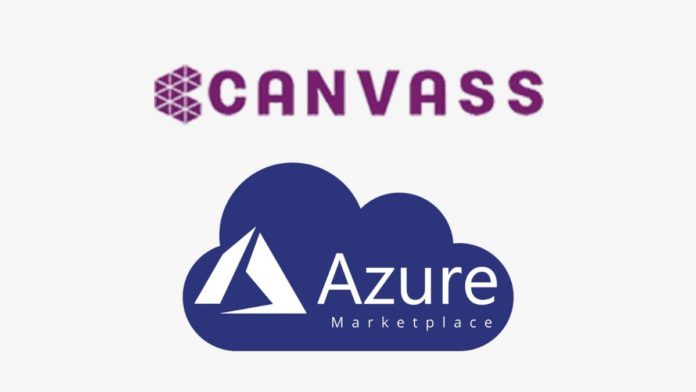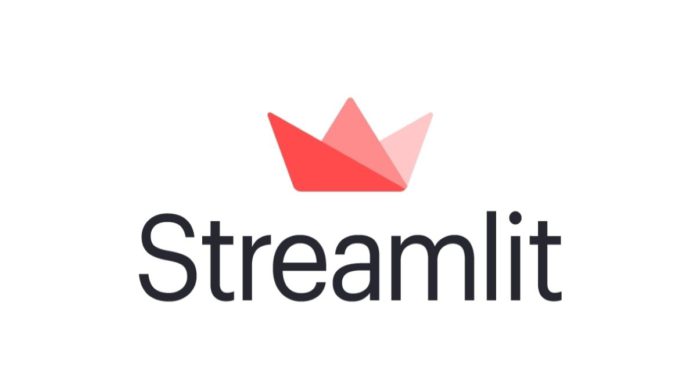Leading big data and storytelling company Gramener opens its new research and development facility along with a 250 seater center in Hyderabad, India.
KT Rama Rao, Minister of Information Technology and Industries, inaugurated Gramener’s new development and research office on Monday.
Rama Rao also stressed the importance of data science and how it can assist governments in making decisions that benefit individuals during the launch event. The new facility is located in SLN-One West in Hyderabad’s Nanakramguda Financial District.
Read More: Cybersecurity Insurance provider Cowbell Cyber raises $100 million in Series B Funding Round
According to the company, it plans to double its workforce from 250 to 500 in the coming years. Gramener’s Hyderabad office will have data science resources with a combination of statistics, design, and technology to expand Gramener’s vision and give value to organizations.
Co-founder and COO of Gramener, Naveen Gattu, said, “Gramener originated in Hyderabad in 2010 as the first data science and storytelling company and soon expanded to global horizons, enhancing decision-making process in enterprises, the public sector, and nonprofits.”
He further mentioned that they are pleased to invest in Hyderabad since the city offers them access to key talent, excellent infrastructure, and entrepreneur-friendly IT policies to help them grow quickly.
Chief Revenue Officer of Gramener Matt Ferry mentioned that the company is looking forward to expanding into the North American market as it sees great opportunities, and the newly established facility in Hyderabad will help the company in meeting the demands of North America.











